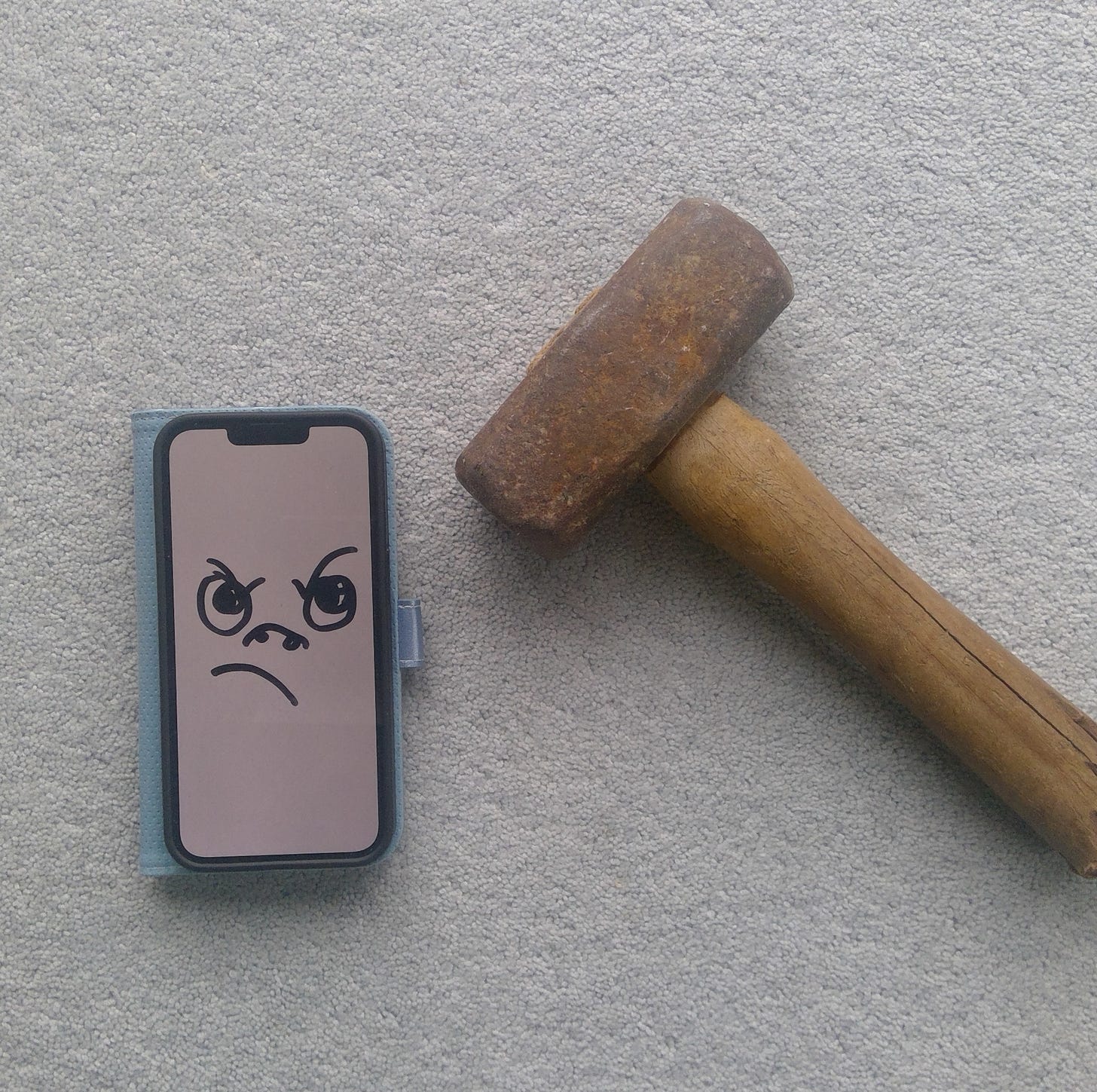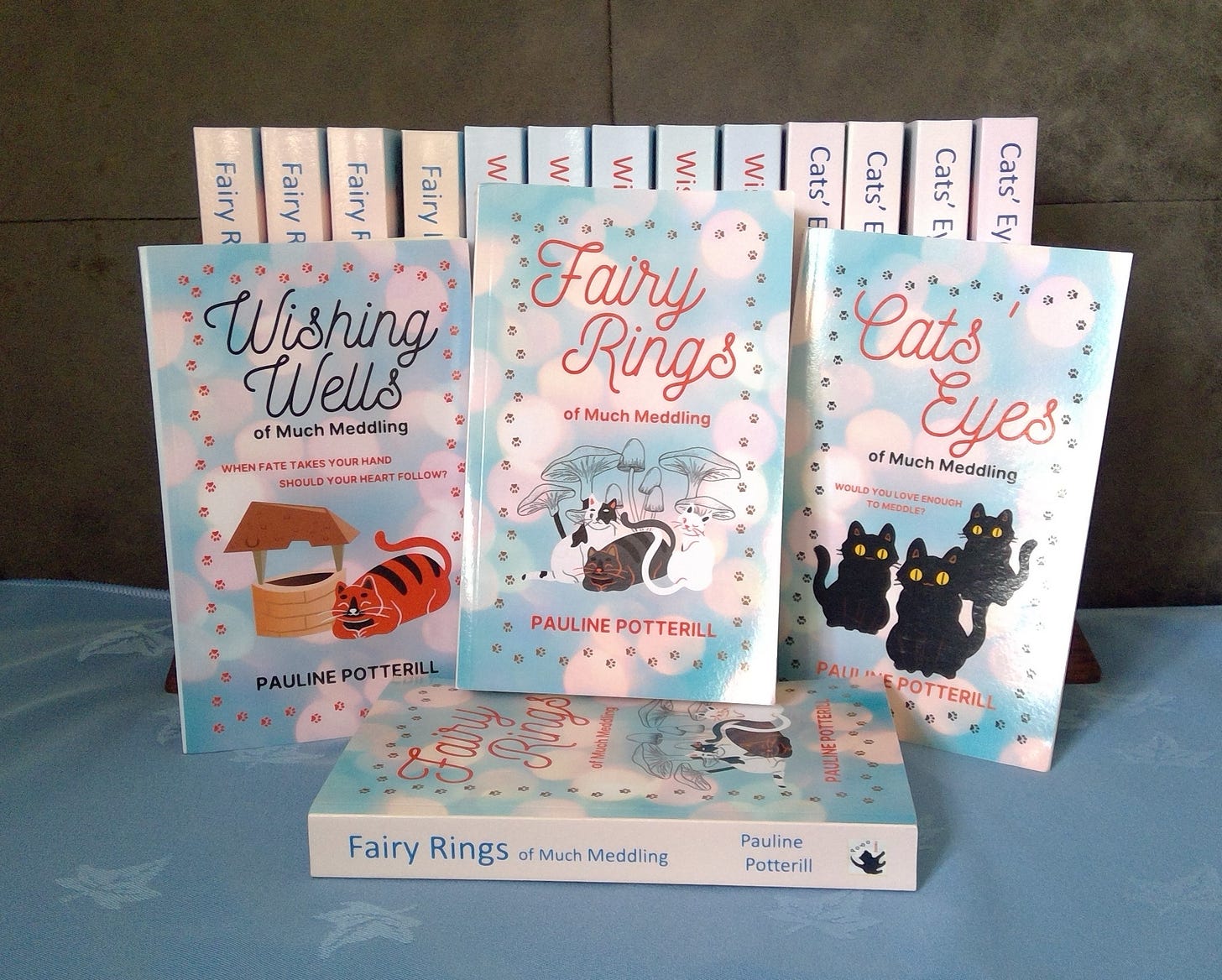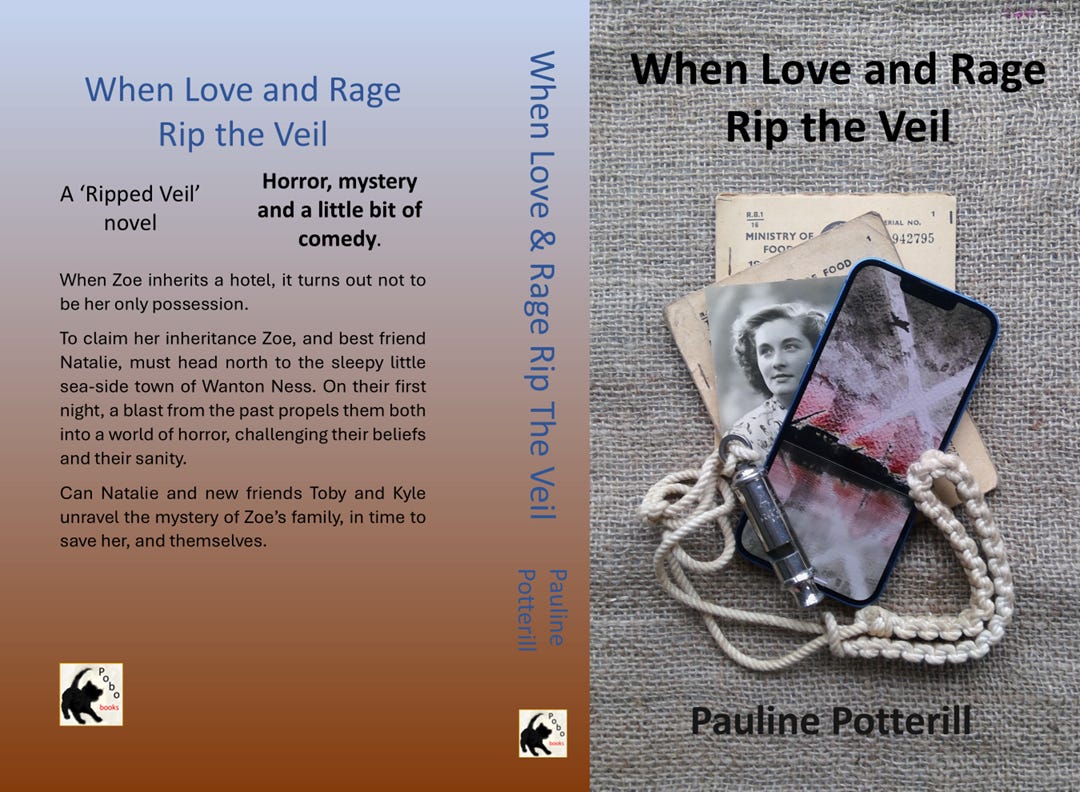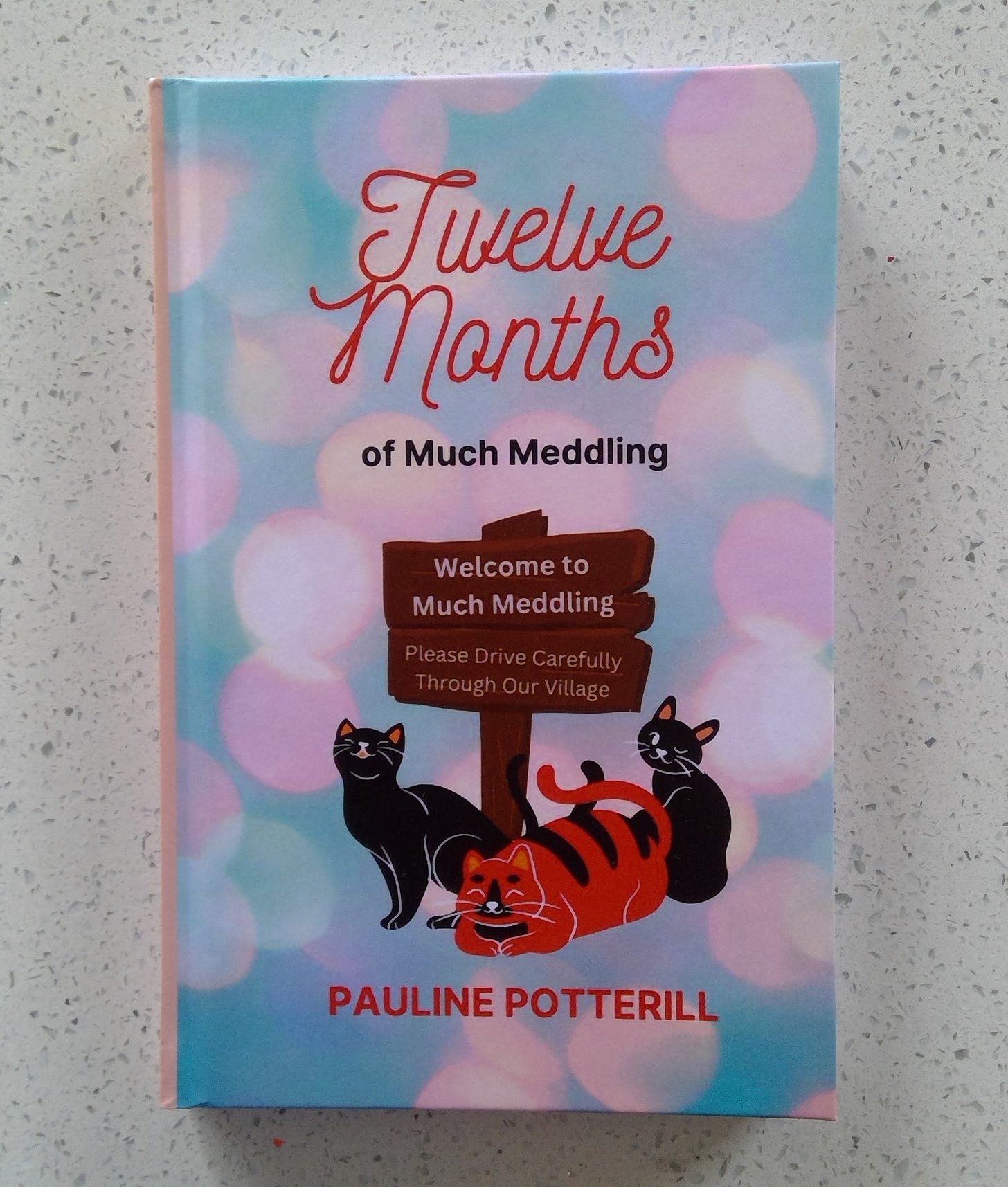Those old ‘Who Dunnit’ writers knew what they were doing. Find an isolated mansion on an island, open the heavens and wash out the roads – job done. These days we need a power cut backed up by a solar flare, otherwise some camera will have witnessed the crime, the professionals will arrive within minutes, Google will provide all the necessary forensic advice along with everyone’s ‘bio’s’, and A.I. will give you a motive, method, and opportunity, before the corpse begins to whiff.
So, unless you want a very short novel, we writers have to get inventive if we don’t want technology to take control of the story. Or, we let technology be the story: plenty of sci-fi tales do that. That, though, requires a certain level of technical knowledge for the story to be plausible. Then, no matter how current your knowledge, by the time you have finished and published the book, your tech is out of date.
Fantasy is the easiest to control. The plot, its landscape and science are entirely at your discretion and any technology you include can rely on future credibility. However, future tech still needs some plausibility, or at least a basic explanation of a technological solution, e.g. a Heisenburg Compensator (see Star Trek franchise).
Historical drama may involve some technology and that is researchable, but then you are in the realms of chronological accuracy. In my first novel ‘Wishing Wells of Much Meddling’ I needed to know on which side of the steering column the ignition sits in an MG Midget. It turns out, that it depends on the year of manufacture. Brilliant; I didn’t need to change the make of car or the story line. My character tried to turn the ignition with a broken right wrist: the painful action causing him to pass out.
Choosing to write a romcom as my first novel, came about as a result of trying to avoid all the pitfalls of research. I am basically lazy and don’t have a very good attention span for background reading – I just want the answer: ideally the one that fits what I already think to be so from my everyday life, or my lifetime of viewing!
However, we have all watched TV programmes and sneered at the detail. For me, as an ex-nurse, medical scenes have always required an element of ‘suspending disbelief’. They are much better these days, but resuscitation will always require more than bouncing up and down on a corpse’s chest and yelling ‘breathe damn it, breathe’. AND, don’t get me started on defibrillation. You need a heart to be ‘fibrillating’ in order to de-fibrillate it. Shocking a heart lacking an electrical impulse of any sort (i.e. flat-line), as they do repeatedly in dramas, is just going to fry it, especially if you use some random electrical source.
ANYWAY, steering clear of occupations is key, even though we all feel we have a good idea about lots of these as a result of watching TV. We all know not to contaminate a crime scene. We all know we have the right to remain silent. We all know not to leave the hero alone if we want to ensure he dies a grisly death (career in villainy added for balance) but, when we get down to the nitty gritty it becomes vague and we need confirmation, either through research or a helpful knowledgeable friend. Authors should cultivate a circle of friends with a range of careers. Ideally, those friends will also be writers. They will understand and be helpful, if only to pick your brains for what you have to offer.
Storylines can depend on the detail, and the order and timing of processes, e.g. a court case isn’t going to happen immediately. All this needs to be considered, planned and woven in. Realising that your timeline doesn’t work is frustrating and time-consuming as it requires unpicking and rewriting. Keeping tabs on what character was doing what and knew what at what point, can be a real brain pain. Re-reading your own words repeatedly means your timeline can cease to be linear (in your head) and you will need a sanity check from a reader who is coming to it fresh. There is also a tendency to see what you expect to see, and ‘Word’ doesn’t always spot your mistakes, or will incorrectly correct them. Hence, in my novel ‘Cats’ Eyes of Much Meddling’ you will find ‘sugar-tongues’ when I meant sugar tongs. That is the trouble with technology, brilliant until it messes up.
Now, we have ‘Co-pilot’ inserted into ‘Microsoft Word’. Since this landed on my computer, suggesting formats and writing bits for me, etc. and I objected and tried to ignore it/switch it off, my ‘Word Editor’ has ceased highlighting my errors. Is this an A.I. fit of pique? Is it starting to get tetchy? I Googled how to rectify this lack of spell and grammar checking and thought I had succeeded. However, the fix doesn’t seem to be sticking. Temperamental IT! So, I currently have a 30,000-word manuscript to which I can only apply the editor function, from start to finish each time. This is tedious, especially as it re-finds previously checked ‘errors’, such as dialect.
Did anyone hear me scream?
I’d run away, but we now have a car that steers us away from the white lines on the road and into the path of cyclists. It makes random comments, such as ‘pot hole’, but never when there is a crater that would challenge a Mars rover! It has also been known to refuse to move when it doesn’t like the size of a parking space. It has ‘mood lighting’: not sure whose! It hasn’t used any expletives yet, but I am sure it is listening and learning and biding its time!
Aaaaaaaah!
All novels available from Amazon as ebook and paperback.
available in hardback as well as paperback.






